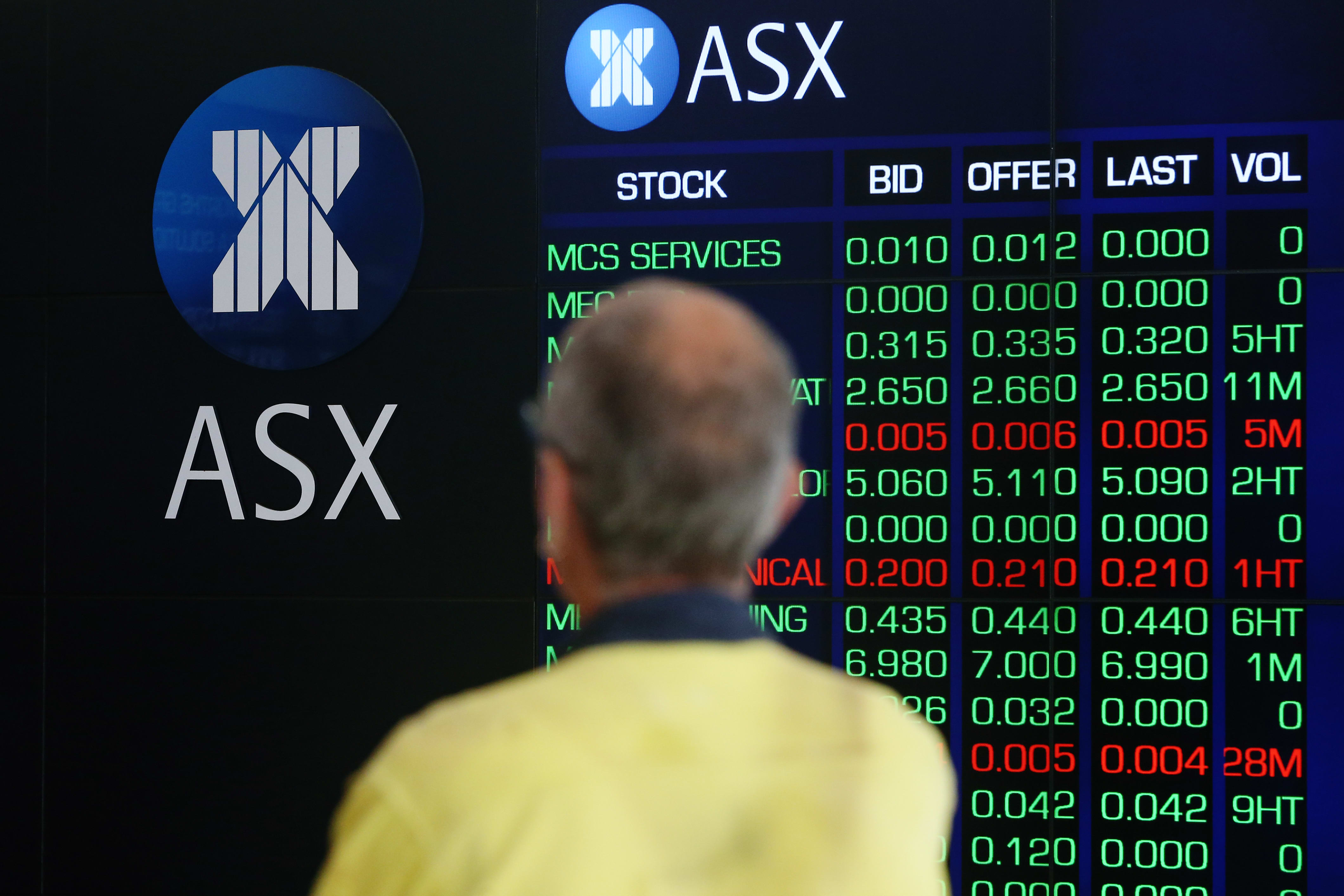
SINGAPORE — Asia-Pacific stocks mostly advanced on Wednesday as U.S. President Donald Trump called off stimulus negotiations till after the November election.
The S&P/ASX 200 in Australia led gains among the region’s major markets as it rose 1.25% to close at 6,036.40, following the government’s budget announcement. The country’s finance minister told CNBC on Wednesday that the Australian government is now focusing on the strength of recovery.
Hong Kong’s Hang Seng index was also about 1% higher, as of its final hour of trading. South Korea’s Kospi advanced 0.89% on the day to 2,386.94.
Meanwhile, stocks in Japan closed little changed: The Nikkei 225 dipped slightly to 23,422.82 while the Topix index was fractionally higher at 1,646.47.
MSCI’s broadest index of Asia-Pacific shares outside Japan gained 0.65%.
In corporate developments, shares of AirAsia X in Malaysia dropped 10% as of around 3:04 p.m. local time, with the moves coming after the firm on Tuesday announced a debt and corporate restructuring scheme.
Trump’s ‘big gamble’
The moves came as investors reacted to Trump’s move to halt stimulus talks.
The U.S. president tweeted Tuesday: “I have instructed my representatives to stop negotiating until after the election when, immediately after I win, we will pass a major Stimulus Bill that focuses on hardworking Americans and Small Business,”
“President Trump’s decision to halt negotiations until after the elections is a big gamble,” Rodrigo Catril, a currency strategist at National Australia Bank, wrote in a note.
“History tells us that the state of the economy is a big factor that can determine election outcomes, going into an election with a weakening economy more often than not means Presidents don’t get re-elected,” Catril said. “Of course there is a blaming game going on here and whether Trump can convince the electorate that this is not his fault, but the Democrats, it remains to be seen.”
Trump’s move came as U.S. Federal Reserve Chairman Jerome Powell on Tuesday called for continued aggressive fiscal and monetary stimulus for an economic recovery he said still “has a long way to go.”
Currencies and oil
The U.S. dollar index, which tracks the greenback against a basket of its peers, was at 93.684 after touching an earlier high of 93.9.
The Japanese yen traded at 105.72 per dollar, off levels around 105 against the greenback seen last week. The Australian dollar changed hands at $0.714 after seeing levels above $0.715 yesterday.
Oil prices recovered from some of their earlier losses but remained lower in the afternoon of Asian trading hours. International benchmark Brent crude futures declined 0.59% to $42.40 per barrel while U.S. crude futures slipped 0.81% to $40.34 per barrel.
Source: CNBC
